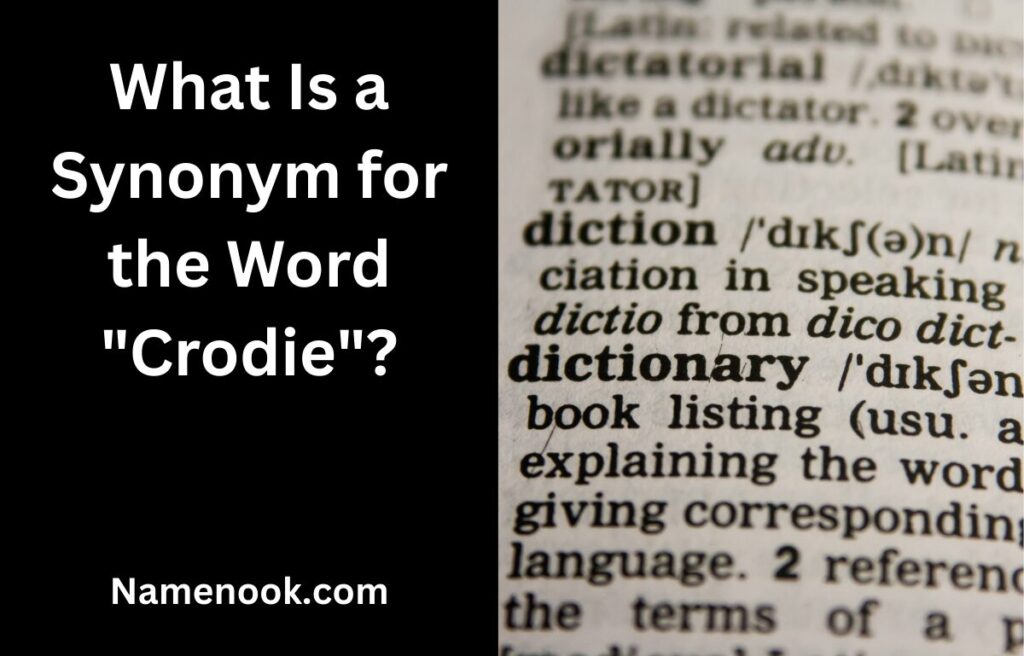Introduction
In the ever-evolving landscape of language, slang terms emerge, evolve, and sometimes fade into obscurity. One such term that has gained traction in recent years is “crodie.” Understanding such terms is crucial, not just for staying updated with linguistic trends but also for appreciating the cultural nuances they carry.
Etymology and Origins
The term “crodie” is a blend of “Crip,” referring to the Crips gang, and “brodie,” a slang term for brother or close friend. However, it’s essential to note that while “crodie” has roots in gang culture, its usage has transcended those origins and is now commonly used to denote a close friend or associate, irrespective of any gang affiliations.
The term gained prominence in Toronto’s multicultural neighborhoods, where linguistic blending is a norm. The substitution of “B” with “C” in “brodie” to form “crodie” is a linguistic strategy observed in certain communities to create distinct vernaculars.
Usage in Modern Culture
“Crodie” has found its way into mainstream culture, primarily through music and social media. Artists like Drake and Kendrick Lamar have used the term in their lyrics, bringing it to a broader audience. For instance, Drake’s use of “crodie” in his songs has popularized the term beyond its regional origins.
On social media platforms like TikTok, Instagram, and Snapchat, “crodie” is used to refer to close friends, often in captions and hashtags. This widespread usage underscores the term’s adaptability and resonance with younger audiences.
Synonyms and Related Terms
Several slang terms share similar meanings with “crodie,” each with its unique connotations and usage contexts:
-
Brodie: A close friend; more commonly used in the U.S.
-
CLF (Close Friend): A straightforward acronym denoting a close friend.
-
BSF (Best Sister Friend): Typically used among females to denote a close, sister-like friend.
-
BFF (Best Friend Forever): A widely recognized term for a best friend.
-
Pal/Buddy: Traditional terms for a friend; less slangy but still relevant.
Each of these terms, while synonymous with “crodie,” carries its own cultural and contextual nuances, reflecting the diversity and richness of informal language.
Conclusion
The term “crodie” exemplifies the dynamic nature of language, especially slang, which often reflects cultural shifts and social dynamics. From its origins in Toronto’s multicultural neighborhoods to its widespread use in music and social media, “crodie” has become a testament to how language evolves and adapts. Understanding such terms enriches our appreciation of linguistic diversity and the cultural stories embedded within.



